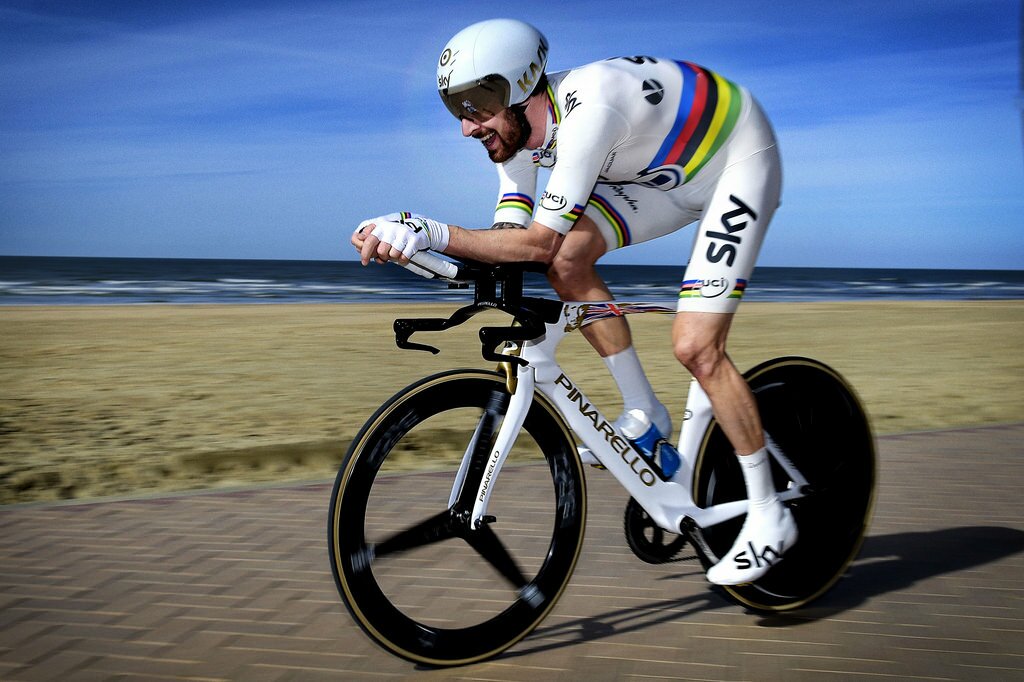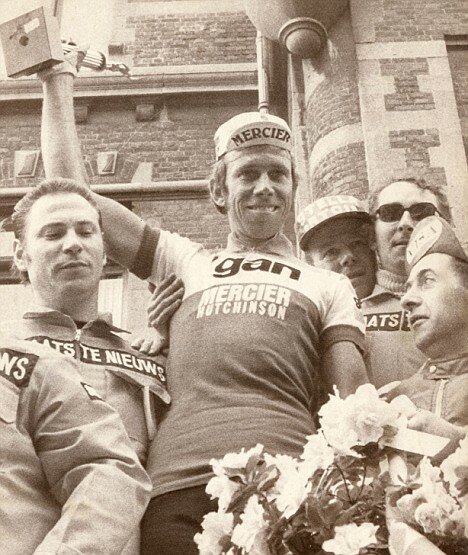October 21, 2015
A Waste of a Rainbow Jersey

Bradley Wiggins’s achievements have been immense. He has the most diverse palmarés of any active cyclist and he appears to be able to accomplish any goal he puts his mind to. But strictly speaking, the rainbow jersey he won in Ponferrada last year by finishing fastest in the elite time trial championships, was the most wasted rainbow jersey in road cycling history.
By that I mean the number of days that Wiggins spent racing in it. The former Tour de France winner certainly did not get his money’s worth. He called a halt to his season directly after he won it and only remained on Team Sky’s books until Paris-Roubaix earlier this year. Thereafter he only rode on home soil – two stage races, the Tours of Yorkshire and Britain along with the one-day RideLondon Classic, none of which involved a time trial. The only time he spent in the jersey was in the preparation races in the build up to the Spring classics.




